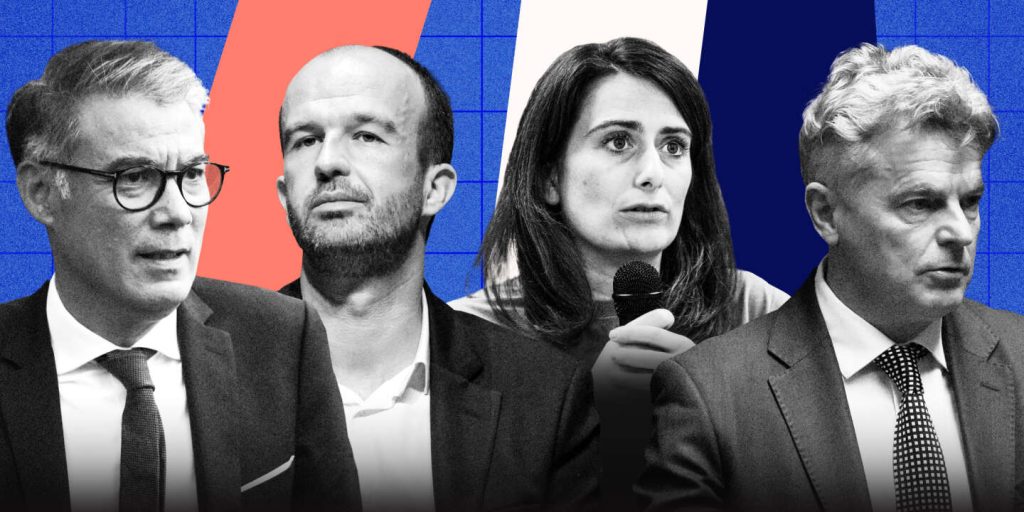In a recent interview on Europe 1 and CNews, Jordan Bardella, president of the National Rally (RN), stated that he does not want to become prime minister if the far-right party only has a relative majority in the National Assembly. He believes that in such a scenario, where there is a political deadlock with no absolute majority for the prime minister, change would be difficult to achieve. Bardella expressed his unwillingness to be a mere collaborator to the president of the Republic, emphasizing that he aspires to exercise power for the benefit of the country, not for the sake of power itself.
Regarding the party’s program, Bardella discussed certain setbacks, such as delays in implementing reforms like pension reform and the elimination of VAT on essential goods, which is slated to be addressed at a later stage. He emphasized the need to prioritize urgent issues over long-term reforms, citing the forthcoming integration of the VAT reduction on essential products into the 2025 budget bill due to the challenging financial situation he anticipates inheriting. Bardella emphasized the importance of restoring financial order in the country in addition to maintaining public order.
If appointed as prime minister, Bardella’s first step would be to propose a supplementary budget bill aimed at lowering VAT on energy and fuel to alleviate the financial burden on millions of French citizens facing increased electricity bills. He also outlined intentions to reduce France’s contribution to the European Union and scrutinize tax breaks benefiting large corporations that may not be justified in terms of social and environmental impact. Additionally, Bardella expressed plans to conduct an audit of public accounts in anticipation of uncovering potential financial irregularities, suggesting that significant issues may come to light.
Bardella’s focus on financial responsibility extends to criticizing the government for a sudden decrease in the deficit between December and April, hinting at either incompetence or deliberate misinformation. His remarks echo earlier accusations made by Eric Ciotti, emphasizing a need for transparency and accountability in fiscal management. Bardella’s commitment to addressing economic challenges and reforming taxation policies aligns with his broader strategy of prioritizing the country’s financial stability and ensuring that resources are utilized efficiently to meet the needs of French citizens.
As part of his proposed agenda, Bardella aims to address issues of mobility and cost of living by reducing the economic burden on households struggling with transportation costs and rising energy prices. By advocating for targeted tax cuts and closer scrutiny of corporate tax incentives, he seeks to create a fairer system that balances the interests of businesses with social and environmental considerations. Bardella’s emphasis on fiscal prudence and strategic resource allocation reflects a pragmatic approach to governance, emphasizing the need for effective financial management and policy implementation to navigate the challenges facing the country. If given the opportunity to lead, Bardella’s vision for economic reform and prudent fiscal policies could shape the direction of France’s political landscape.


